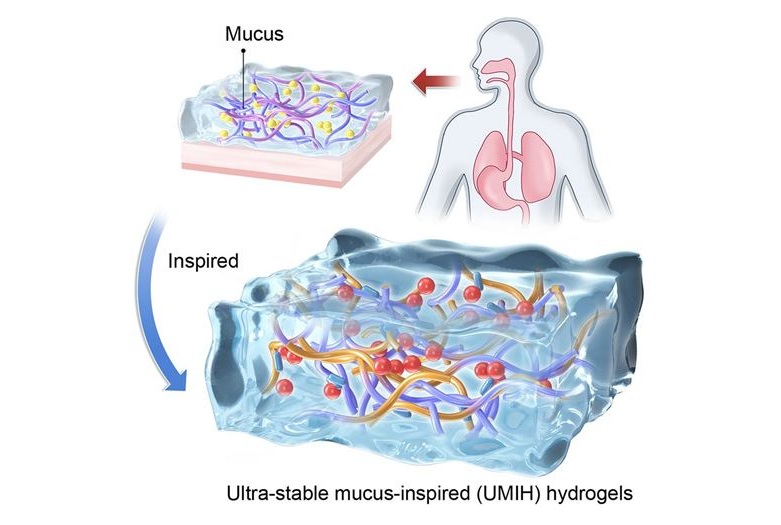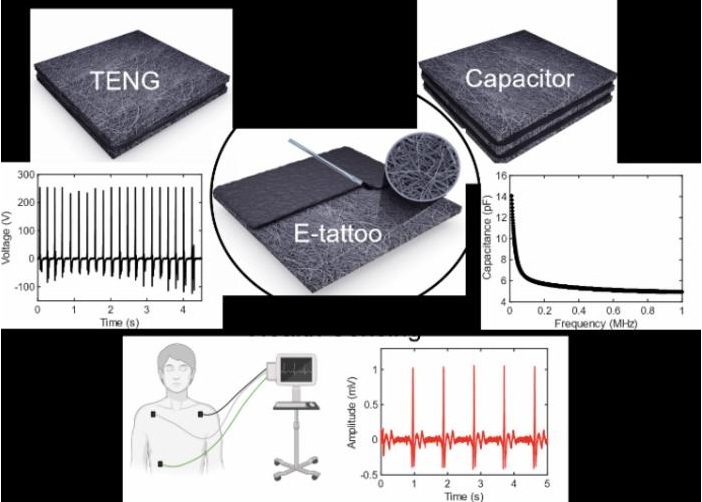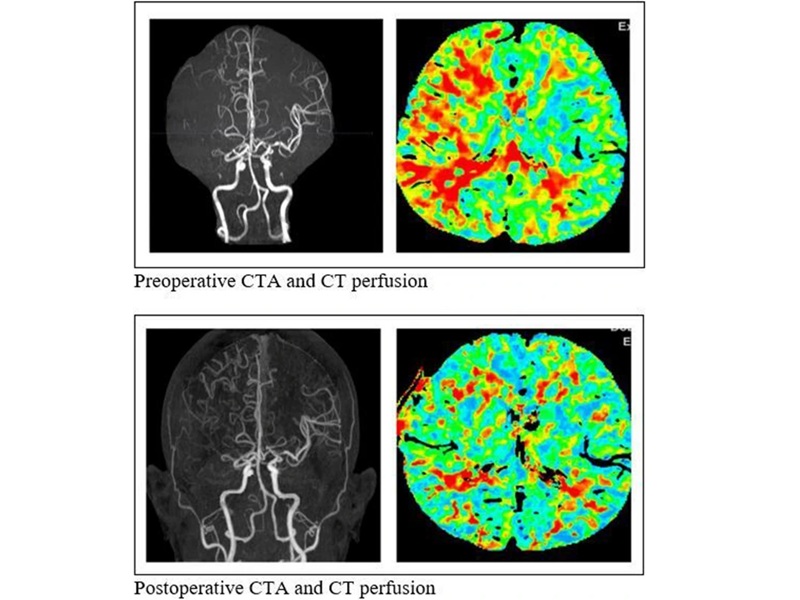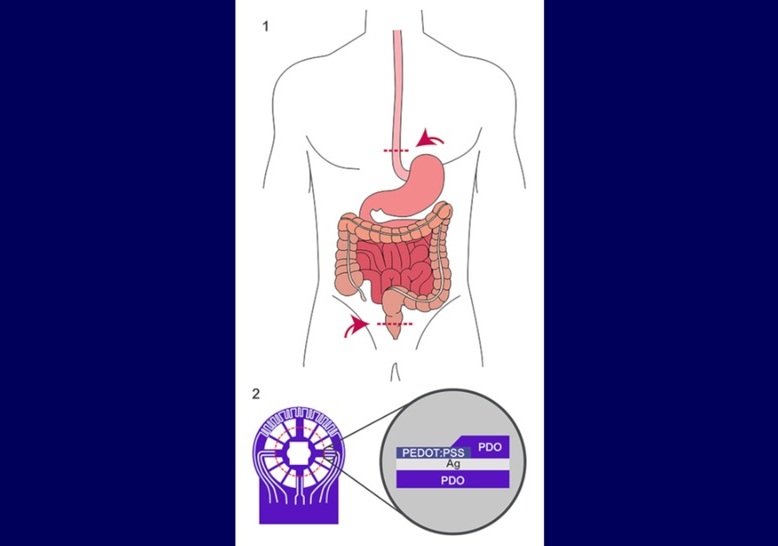GE Healthcare and ESR Enter AI Partnership for ECR 2019
|
By HospiMedica International staff writers Posted on 18 Oct 2018 |
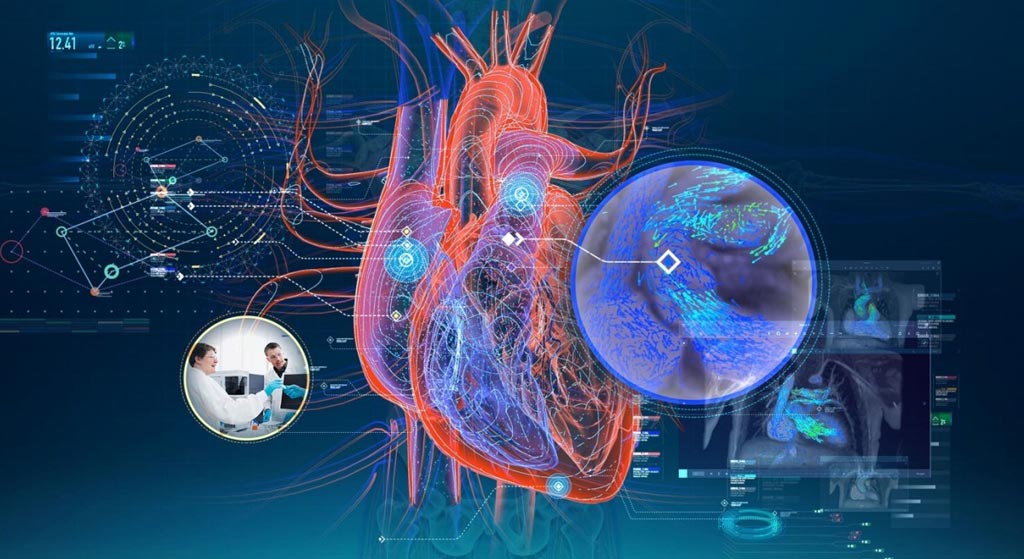
Image: At ECR 2019, GE and the European Society of Radiology will offer joint sessions on artificial intelligence (AI) (Photo courtesy of GE Healthcare).
GE Healthcare (Chicago, IL, USA) and the European Society of Radiology (Vienna, Austria) will be partnering on artificial intelligence (AI) for the upcoming European Congress of Radiology (ECR) to be held in Vienna, Austria on February 27-March 3, 2019. The partnership will include joint sessions on AI and a dedicated space at GE Healthcare’s booth where visitors will be able to experience the AI transformation through interactive tools.
On an average, hospital generates 50 petabytes of data every year, including clinical notes, lab tests, medical images, genomics, and more, although less than 3% of this data is utilized. AI holds the potential to make sense of the data and generate actionable insights to help improve provider efficiency, increase diagnostic accuracy, personalize treatment, improve patient experience, and enable remote and predictive maintenance. GE Healthcare has more than 200 imaging applications and is working with partners such as Nvidia, Microsoft, Amazon, and Intel to embed analytics, cloud capability, and AI into devices, workflows, and technologies that are already being used by healthcare providers.
“AI will be one of the leadings topics at next year’s ECR and this exclusive partnership with GE Healthcare is a major step in making ECR 2019 the leading event on AI for radiologists and related medical professionals. Through our joint efforts congress participants will be able to witness AI excellence on the highest level, making next year’s exhibition an event no one should miss,” said ESR President Professor Lorenzo E. Derchi from Genoa, Italy.
“We are honored to partner with the European Society of Radiology for the leading European radiology event. AI is one of the most exciting developments in healthcare today and a key enabler to achieve precision health. Done right, it can be the technology of the decade, perhaps the century, in healthcare. But there’s still much work to do, sound data science and eliminating data siloes are key. Europe and the European radiology community have a key role to play in the AI transformation,” said Catherine Estrampes, President and CEO of GE Healthcare Europe.
On an average, hospital generates 50 petabytes of data every year, including clinical notes, lab tests, medical images, genomics, and more, although less than 3% of this data is utilized. AI holds the potential to make sense of the data and generate actionable insights to help improve provider efficiency, increase diagnostic accuracy, personalize treatment, improve patient experience, and enable remote and predictive maintenance. GE Healthcare has more than 200 imaging applications and is working with partners such as Nvidia, Microsoft, Amazon, and Intel to embed analytics, cloud capability, and AI into devices, workflows, and technologies that are already being used by healthcare providers.
“AI will be one of the leadings topics at next year’s ECR and this exclusive partnership with GE Healthcare is a major step in making ECR 2019 the leading event on AI for radiologists and related medical professionals. Through our joint efforts congress participants will be able to witness AI excellence on the highest level, making next year’s exhibition an event no one should miss,” said ESR President Professor Lorenzo E. Derchi from Genoa, Italy.
“We are honored to partner with the European Society of Radiology for the leading European radiology event. AI is one of the most exciting developments in healthcare today and a key enabler to achieve precision health. Done right, it can be the technology of the decade, perhaps the century, in healthcare. But there’s still much work to do, sound data science and eliminating data siloes are key. Europe and the European radiology community have a key role to play in the AI transformation,” said Catherine Estrampes, President and CEO of GE Healthcare Europe.
Channels
Critical Care
view channel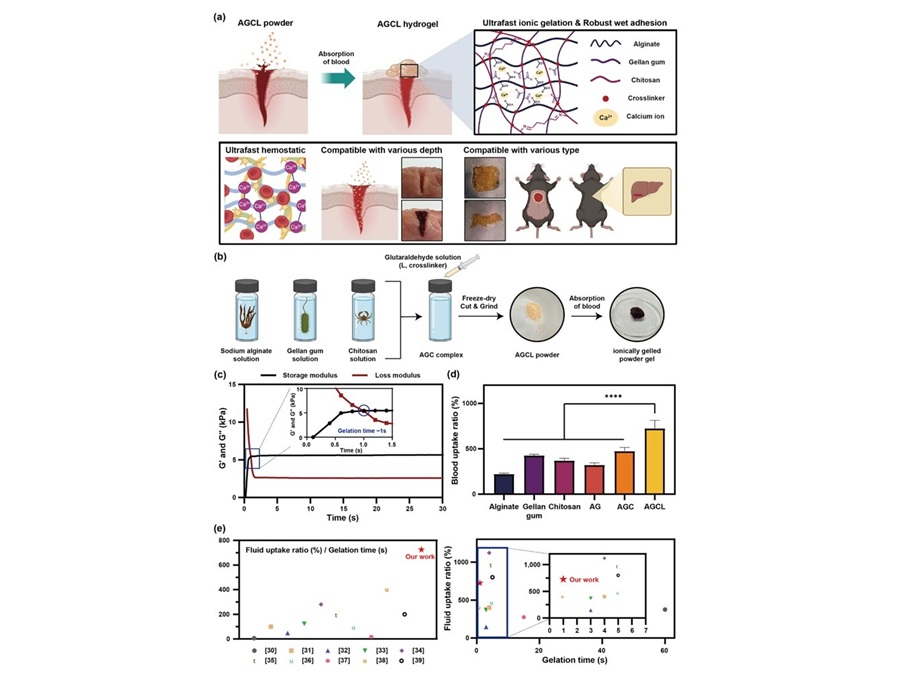
Sprayable Powder-Type Hemostatic Agent Stops Bleeding in One Second
Uncontrolled bleeding remains the leading cause of preventable death from injuries. Rapid blood loss can be fatal within minutes, especially when wounds are deep, irregular, or difficult to compress.... Read more
AI Model Helps Diagnose Often Undetected Heart Disease from Simple EKG
Coronary microvascular dysfunction is a common but elusive cause of chest pain that is frequently missed in emergency and outpatient settings. Unlike blockages in large coronary arteries, this condition... Read moreSurgical Techniques
view channel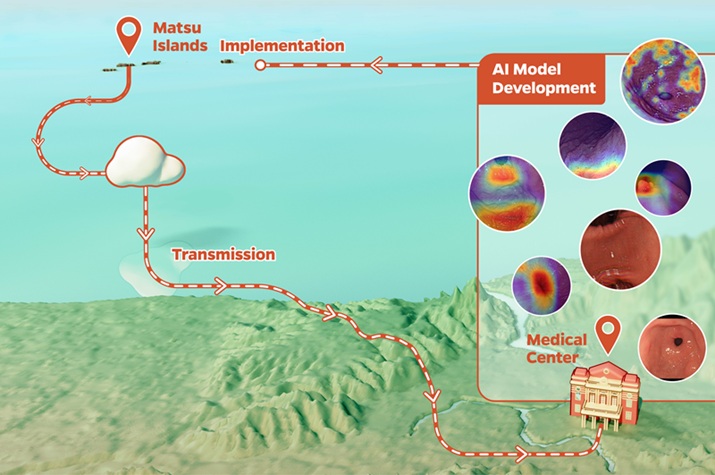
AI Detects Stomach Cancer Risk from Upper Endoscopic Images
In many parts of the world, doctors must make complex clinical decisions with limited access to specialist support, advanced diagnostics, or pathology services. This is especially challenging in gastrointestinal... Read more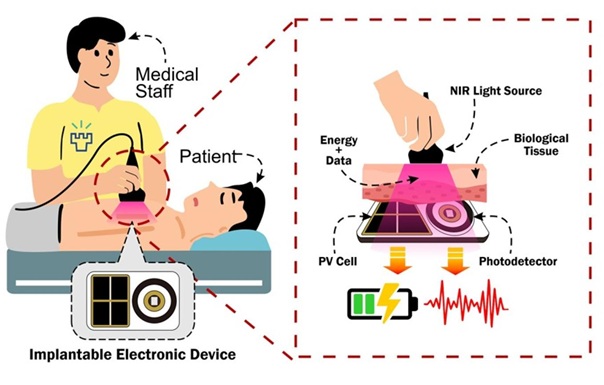
NIR Light Enables Powering and Communicating with Implantable Medical Devices
Implantable medical devices rely on wireless communication and long-lasting power sources to function safely inside the body, yet existing radio-based methods raise concerns around security, interference,... Read morePatient Care
view channel
Revolutionary Automatic IV-Line Flushing Device to Enhance Infusion Care
More than 80% of in-hospital patients receive intravenous (IV) therapy. Every dose of IV medicine delivered in a small volume (<250 mL) infusion bag should be followed by subsequent flushing to ensure... Read more
VR Training Tool Combats Contamination of Portable Medical Equipment
Healthcare-associated infections (HAIs) impact one in every 31 patients, cause nearly 100,000 deaths each year, and cost USD 28.4 billion in direct medical expenses. Notably, up to 75% of these infections... Read more
Portable Biosensor Platform to Reduce Hospital-Acquired Infections
Approximately 4 million patients in the European Union acquire healthcare-associated infections (HAIs) or nosocomial infections each year, with around 37,000 deaths directly resulting from these infections,... Read moreFirst-Of-Its-Kind Portable Germicidal Light Technology Disinfects High-Touch Clinical Surfaces in Seconds
Reducing healthcare-acquired infections (HAIs) remains a pressing issue within global healthcare systems. In the United States alone, 1.7 million patients contract HAIs annually, leading to approximately... Read moreHealth IT
view channel
EMR-Based Tool Predicts Graft Failure After Kidney Transplant
Kidney transplantation offers patients with end-stage kidney disease longer survival and better quality of life than dialysis, yet graft failure remains a major challenge. Although a successful transplant... Read more
Printable Molecule-Selective Nanoparticles Enable Mass Production of Wearable Biosensors
The future of medicine is likely to focus on the personalization of healthcare—understanding exactly what an individual requires and delivering the appropriate combination of nutrients, metabolites, and... Read moreBusiness
view channel
Philips and Masimo Partner to Advance Patient Monitoring Measurement Technologies
Royal Philips (Amsterdam, Netherlands) and Masimo (Irvine, California, USA) have renewed their multi-year strategic collaboration, combining Philips’ expertise in patient monitoring with Masimo’s noninvasive... Read more
B. Braun Acquires Digital Microsurgery Company True Digital Surgery
The high-end microsurgery market in neurosurgery, spine, and ENT is undergoing a significant transformation. Traditional analog microscopes are giving way to digital exoscopes, which provide improved visualization,... Read more
CMEF 2025 to Promote Holistic and High-Quality Development of Medical and Health Industry
The 92nd China International Medical Equipment Fair (CMEF 2025) Autumn Exhibition is scheduled to be held from September 26 to 29 at the China Import and Export Fair Complex (Canton Fair Complex) in Guangzhou.... Read more












